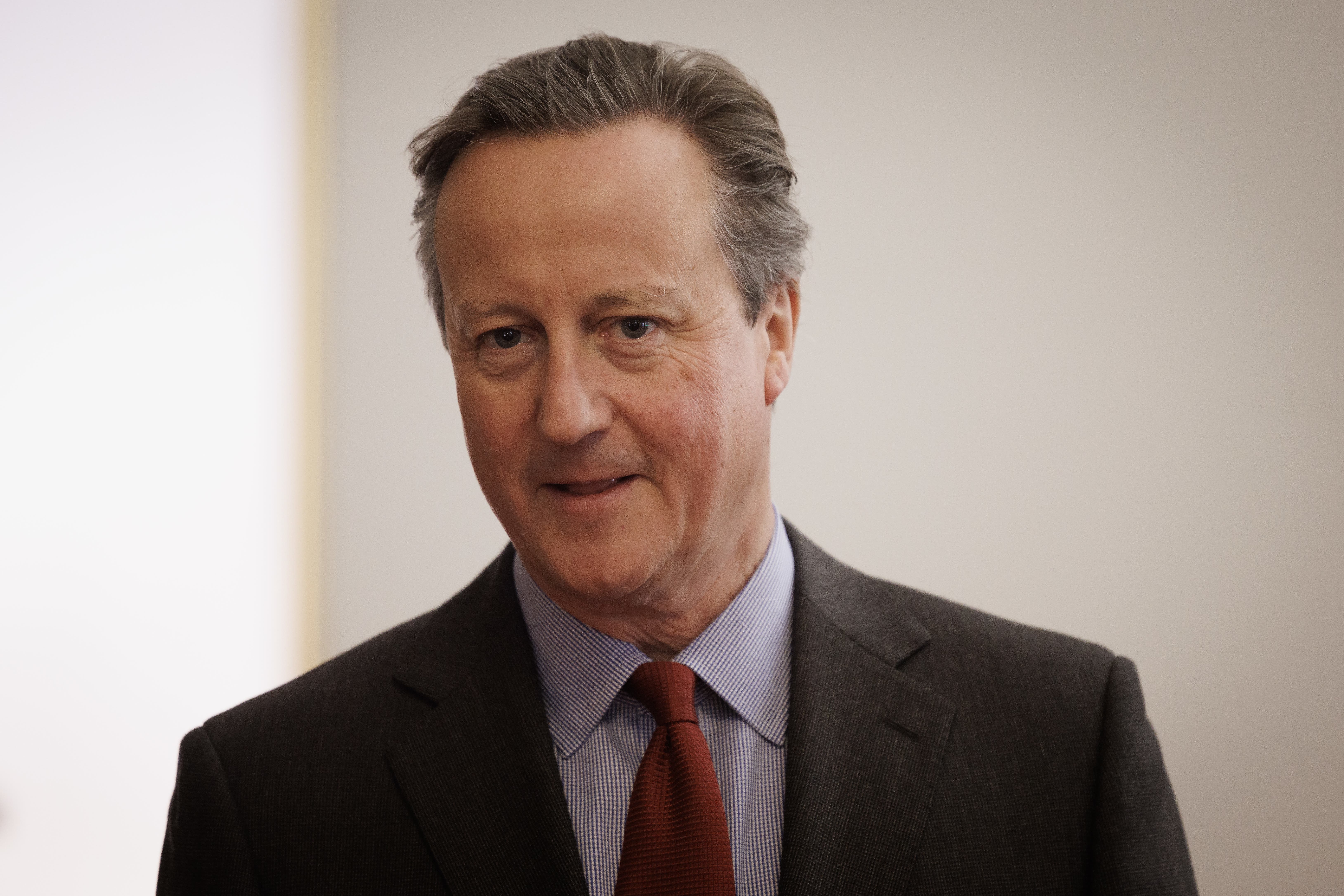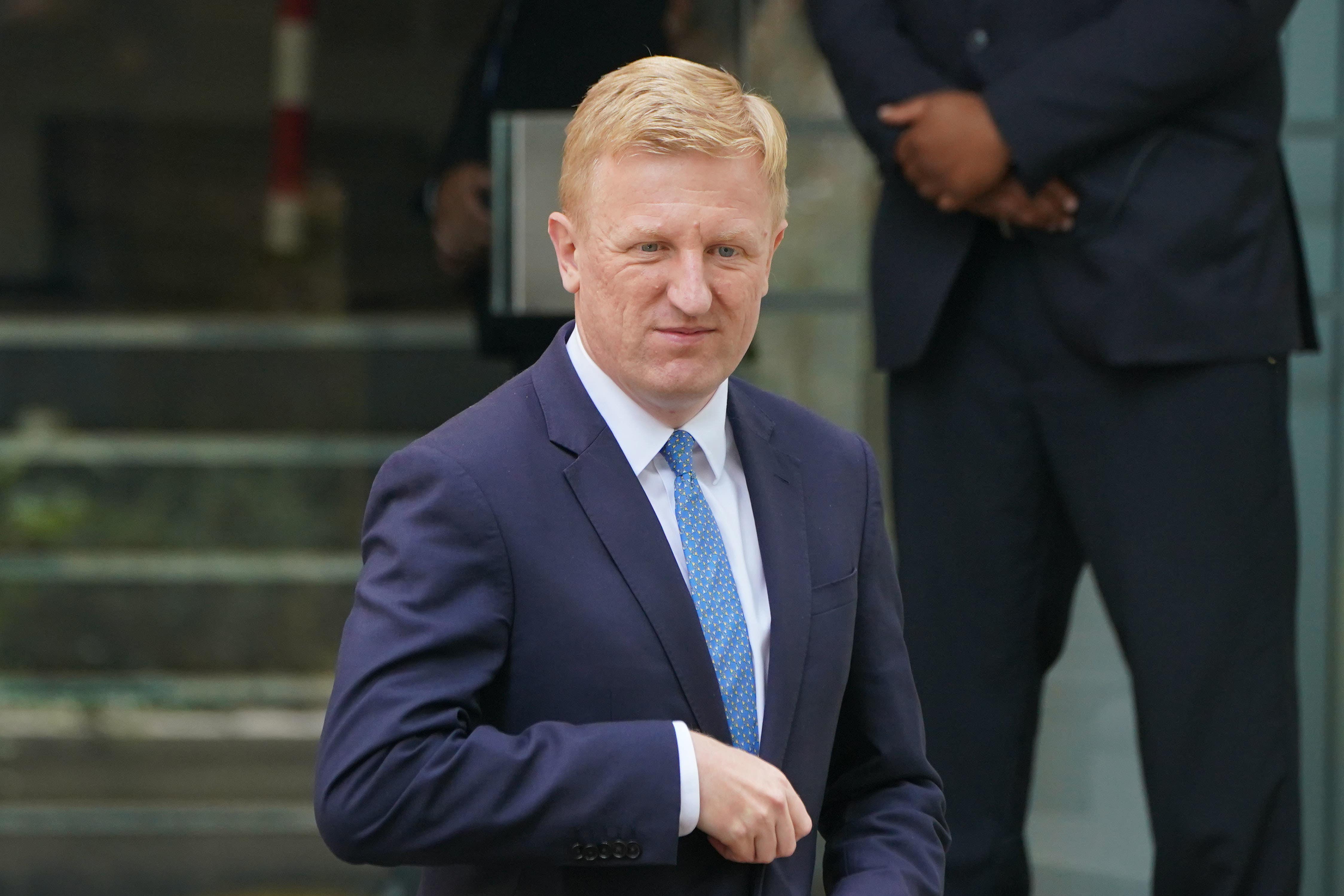How significant is Cameron’s call for a ‘sustainable ceasefire’ in Gaza?
Israel has also been warned that it must do more to discriminate ‘between terrorists and civilians’, says Kate Devlin


Too many civilians have been killed”. That is the stark warning from David Cameron to Israel.
It came amid a significant shift in the UK’s tone on the conflict in Gaza as it called for a lasting “sustainable” ceasefire in the Middle East.
The move is a step beyond the “humanitarian pauses” Rishi Sunak previously advocated. But it stops short of a demand Israel immediately halt the fighting.
Issued jointly with Germany, the change in stance marks the latest step in the international community’s application of pressure on Israel over Gaza.
It follows Joe Biden’s decision last week to warn Israeli president Benjamin Netanyahu that Israel’s “indiscriminate bombing” of Gaza was damaging global support for the war.
The warnings can be seen as part of a pincer movement by international leaders, keen to end the bloodshed but without isolating Israel on the world stage, amid fears that the outcome could ultimately make the situation worse.

But there is far from consensus among world leaders over how to deal with the devastating conflict. In Tel Aviv today the French foreign minister Catherine Colonna called for an “immediate and durable” truce.
In Israel after the accidental killing of three hostages by Israeli forces Netanyahu himself vowed to maintain intense military pressure on Hamas in Gaza, although he did also hint at a new round of discussions to try to secure the release of others being held.
There does appear to be some consensus in Britain on Lord Cameron’s stance, at least between the government and the Labour Party. The call for a sustained ceasefire was backed by shadow health secretary Wes Streeting, who also said the death toll in Gaza was “intolerable”. The challenge for the international community is how do we get where we are today to that lasting ceasefire?
The deputy prime minister Oliver Dowden appeared to set a bar, warning the threat of Hamas, which murdered 1,200 people in an attack on Israel on 7 October, still had to be removed. “Until we deal with that, any ceasefire will not ultimately be sustainable,” he said.
Between now and then Lord Cameron warned Israel it had to “do more to discriminate sufficiently between terrorists and civilians, ensuring its campaign targets Hamas leaders and operatives”.
He also said that “the sooner (a lasting ceasefire) comes, the better. The need is urgent”. This is unlikely to be the last attempt by the international community to exert its influence and diplomacy before that day comes, however.



Join our commenting forum
Join thought-provoking conversations, follow other Independent readers and see their replies
Comments